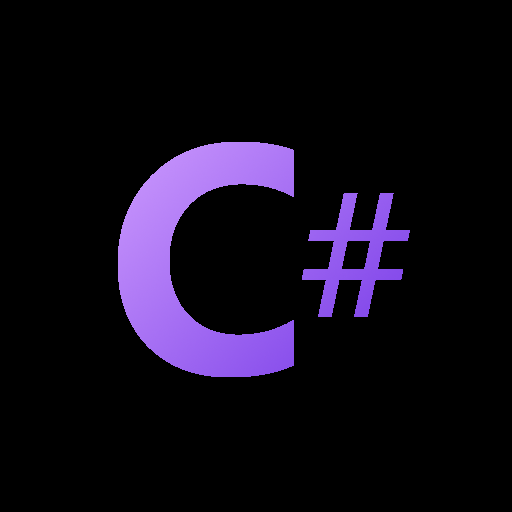

I’m kinda torn because of this. I like for good games to get recognition and be successful. Part of me wants to buy the game and give it a shot because it’s been well received and I’m happy to support an indie dev… But I really do not want to help establish a trend of indies sleeping on advertising/spreading word, then crying “woe is me” after a single week when barely anybody was aware of it, as a way of guerilla marketing their game. I also need to watch a bit more gameplay to see if it’s even in my wheelhouse before I decide to spend $20 on it.











It absolutely should not have been named zeroth() because the reasoning for that is purely pedantic and ignores WHY arrays are 0 indexed. It’s not like the people in the early days of writing programming languages were saying “the zeroth item in the array” - they would refer to it using human language because they are humans, not machines. Arrays are 0 indexed because it’s more efficient for address location. To get the location in memory of an array item, it’s startingAddress + (objectSize * index). If they were 1 indexed, the machine would have to reverse the offset.
Function/Method names, on the other hand, should be written so as to make the most sense to the humans reading and writing the code, because the humans are the only ones that care what the name is. When you have an array or list, it’s intuitive to think “I want the first thing in the array” or “I want the last thing in the array),” so it makes sense to use first and last. That also makes them intuitive counterparts (what would be the intuitive counterpart to “zeroth”?).